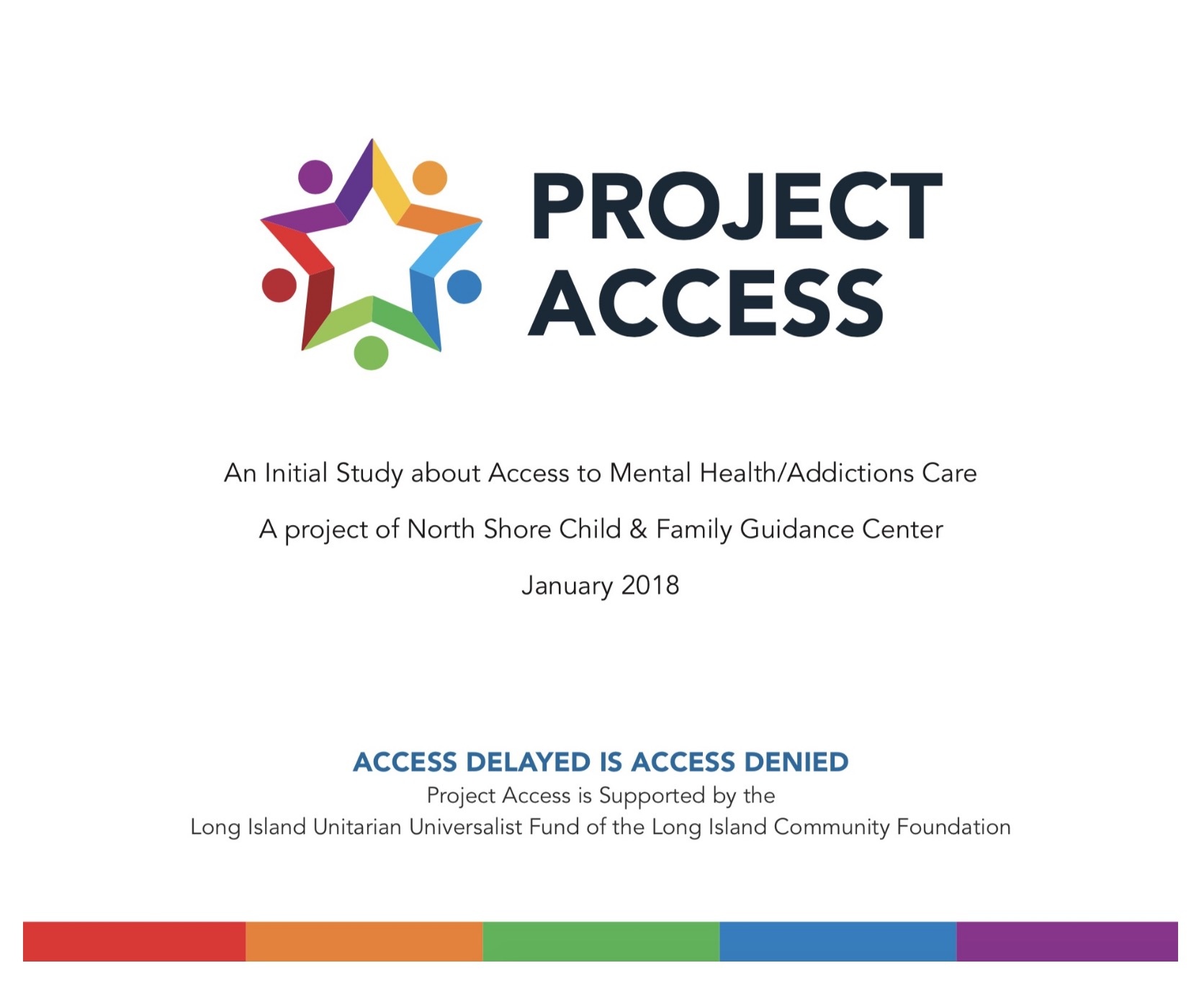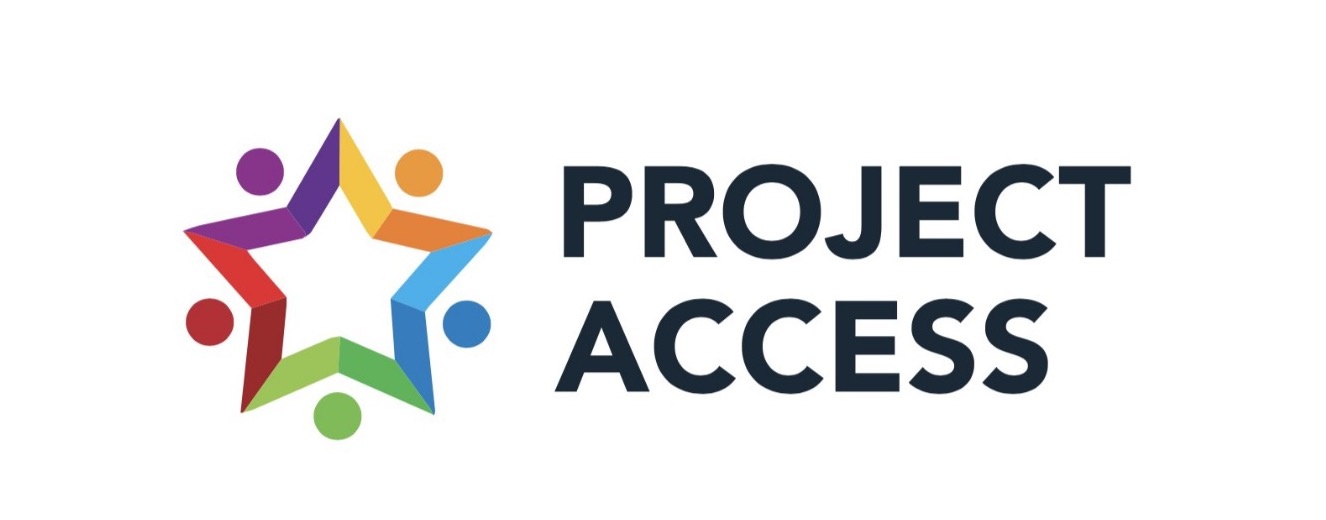It’s a heartbreaking scenario that is far too common: Someone makes the difficult decision to seek out professional help for a mental health or substance abuse problem for themselves or their loved one and is faced with a myriad of roadblocks. They start calling providers on their insurance plan and find that they are not taking new patients, or they no longer accept insurance. And the cost of paying out of pocket is too much for many to afford.
The result: It takes people weeks if not months to find help—or worse, they give up entirely.
At North Shore Child & Family Guidance Center, we’ve heard these stories over and over again. It’s a crisis situation that could have life-threatening consequences, especially during these times when opioid addiction is at epidemic proportions.
“We’ve always believed that part of our role is to advocate for patients’ rights,” says Andrew Malekoff, Executive Director of North Shore Child & Family Guidance Center. “To accomplish the change that is needed, we knew we had to define the problem in a way that those in power can understand—and can’t ignore.”

The Guidance Center joined with researchers to create Project Access, a year-long research study that examined the difficulty in finding timely, quality and affordable mental health and addictions care. (Click here to read the report.) Project Access compiles the data necessary for legislators to use as evidence to show that there has been an egregious error in accessing adequate mental health care.
“Even though the government is legally bound to have adequate networks of care, Project Access shows that they fall far short of that mandate,” says Malekoff. “It’s incumbent upon all of us to advocate for change. People’s lives are at stake.”
Exacerbating the problem of individuals finding appropriate providers for mental health and addictions care is stigma and the shame it generates, notes Malekoff. “If someone’s child has cancer, they won’t hesitate to call the doctor, but because of the stigma surrounding mental health, it makes it very difficult for them to reach out. Once they make the call, the support needs to be there.”
So, what can you do to make a difference? Contact your local, state and federal politicians and tell them to call on the New York State Department of Financial Services to launch a thorough investigation of this issue. Send them the link to the Project Access report, and share your stories of how difficult it was to get mental health or addictions care for your loved ones.
Be an advocate for children, individuals and families who desperately need care. We need you to stand up with us.
Contact the Governor’s Press Office:
Phone: 518-474-8418
Email: Press.Office@exec.ny.gov














